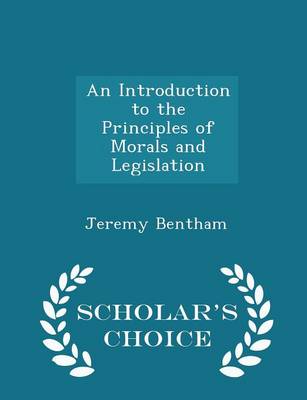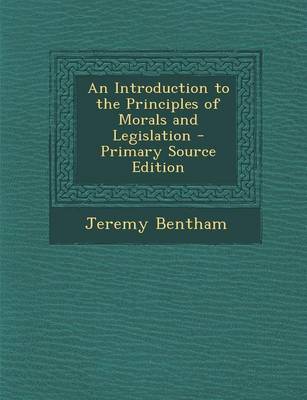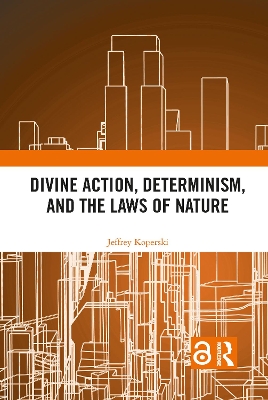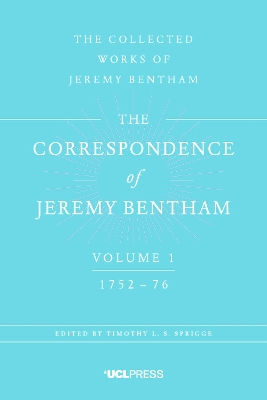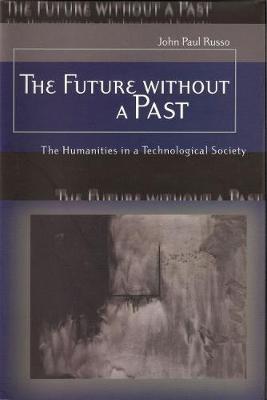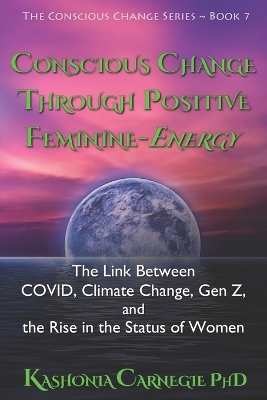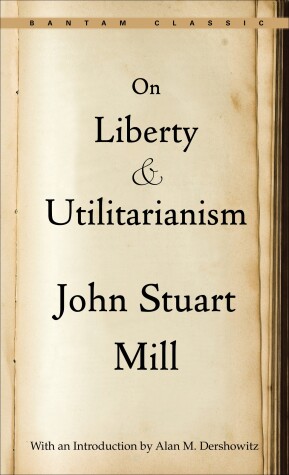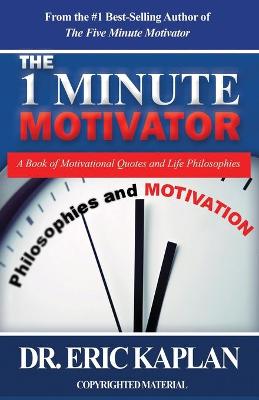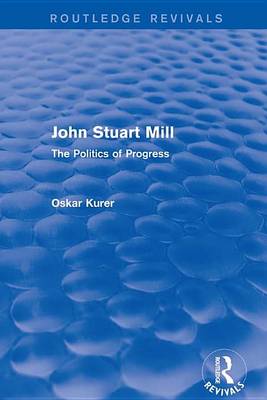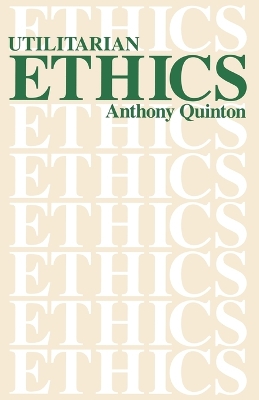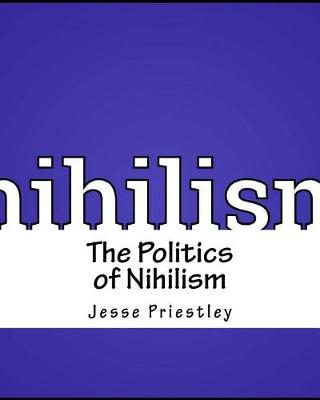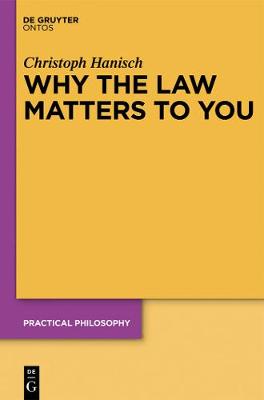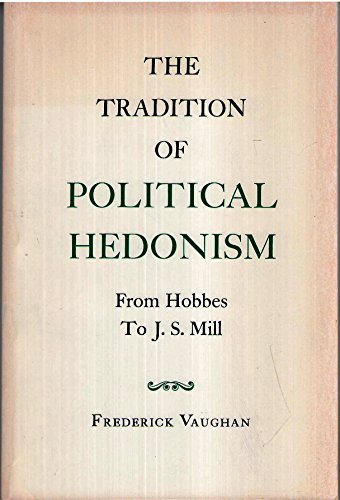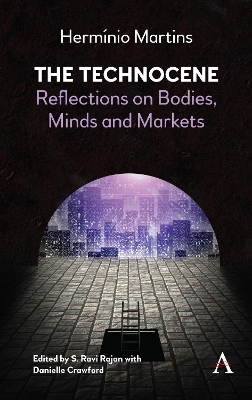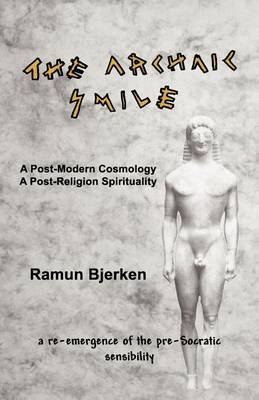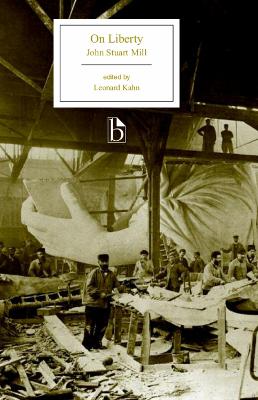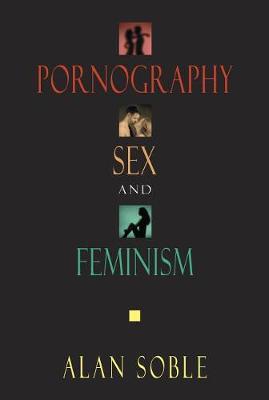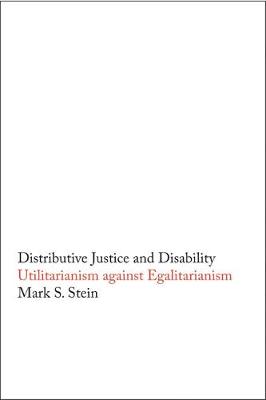An Introduction to the Principles of Morals and Legislation - Scholar's Choice Edition
by Jeremy Bentham
An Introduction to the Principles of Morals and Legislation - Primary Source Edition
by Jeremy Bentham
A longstanding question at the intersection of science, philosophy, and theology is how God might act, or not, when governing the universe. Many believe that determinism would prevent God from acting at all, since to do so would require violating the laws of nature. However, when a robust view of these laws is coupled with the kind of determinism now used in dynamics, a new model of divine action emerges. This book presents a new approach to divine action beyond the current focus on quantum...
In The Future without a Past, John Paul Russo goes beyond currently given reasons for the decline of the humanities and searches out its root causes in the technologization of everyday life. His main premise is that we are undergoing a transformation at the hands of technological imperatives such as rationalization, universalism, monism, and autonomy. The relation between ourselves and nature has altered to such a degree that we no longer live in a natural environment but in a technological one....
Conscious Change through Positive Feminine-Energy
by Kashonia Carnegie
Together these two essays mark the philosophic cornerstone of democratic morality and represent a thought-provoking search for the true balance between the rights of the individual and the power of the state. Thoroughly schooled in the principles of the utilitarian movement founded by Jeremy Bentham, John Stuart Mill nevertheless brings his own unique intellectual energy to issues such as individual freedom, equality, authority, happiness, justice, and virtue. On Liberty is Mill’s famous examin...
John Stuart Mill (Routledge Revivals) (Routledge Revivals) (Political Theory and Political Philosophy)
by Oskar Kurer
First published in 1991, this book attempts to deal with Mill’s thought as a coherent system and tie some elements of his thoughts together. It seeks to show that he developed a set of ethical principles to underlie government intervention and provide a theory as to how it should intervene — which he then applied to practical politics. The first chapters deal with Mill’s doctrine of improvement and what impact the improvement of man has on the social organisation of society. The third chapter de...
Anthony Quinton's concise study of utilitarianism, which has been long been unavailable, is generally acknowledged as the best introduction to the subject. This edition includes a new preface surveying recent developments. The book begins with a definition of utilitarianism, and goes on to consider hedonism as a criterion of value and theory of motivation. Early hedonism is surveyed, followed by the emergence of utilitarianism proper with Hume, Tucker and Paley. The contributions of Bentham, Jam...
J.S. Mill (Routledge Revivals) (Routledge Revivals) (Author Guides)
by Alan Ryan
First published in 1974. As logician, economist, political theorist, practical politician and active champion of social freedom, John Stuart Mill is a figure of continuing importance. In this book the author does full justice to the range of Mill's achievements, providing an introductory guide to his most important and best known writings including Autobiography, A System of Logic, Utilitarianism, Liberty, and The Subjugation of Women. In their treatment of his works, the author seeks to emphasi...
Why the Law Matters to You (Practical Philosophy, #16)
by Christoph Hanisch
This book presents an answer to the question of why modern legal institutions and the idea of citizenship are important for leading a free life. The majority of views in political and legal philosophy regard the law merely as a useful instrument, employed to render our lives more secure and to enable us to engage in cooperate activities more efficiently. The view developed here defends a non-instrumentalist alternative of why the law matters. It identifies the law as a constitutive feature of ou...
Tradition of Political Hedonism from Hobbes to J.S.Mill
by Frederick Vaughan
In this work, Mill reflects on the struggle between liberty and authority and defends the view that "the only purpose for which power can be rightfully exercised over any member of a civilized community, against his will, is to prevent harm to others." He questions attempts to limit freedom of conscience and religion, freedom to pursue one's own interests, and freedom to unite, and he defends a liberal political and social order in which there is considerable room for personal development and fr...
In this unabashed defense of pornography from a utilitarian-hedonist perspective, philosopher Alan Soble strongly rebuts both feminist and conservative critics. Soble demonstrates that neither conservative nor feminist critics of pornography show much acquaintance with the genre they criticize. This suggests that purely political motives underlie their critiques instead of reasoned, objective arguments based on thorough empirical research. Soble also faults critics of pornography for their fail...
Theories of distributive justice are most severely tested in the area of disability. In this book, Mark Stein argues that utilitarianism performs better than egalitarian theories in this area: whereas egalitarian theories help the disabled either too little or too much, utilitarianism achieves the proper balance by placing resources where they will do the most good. Stein offers what may be the broadest critique of egalitarian theory from a utilitarian perspective. He addresses the work of egal...
